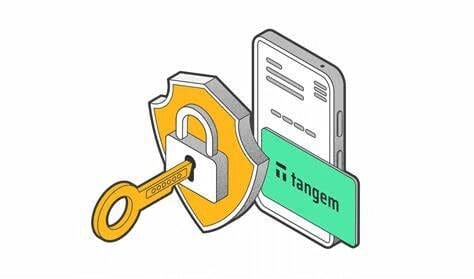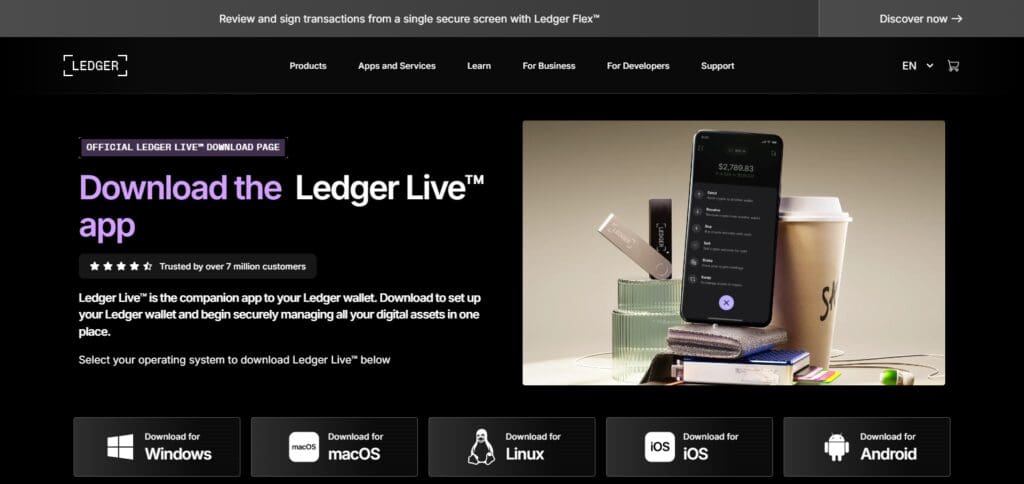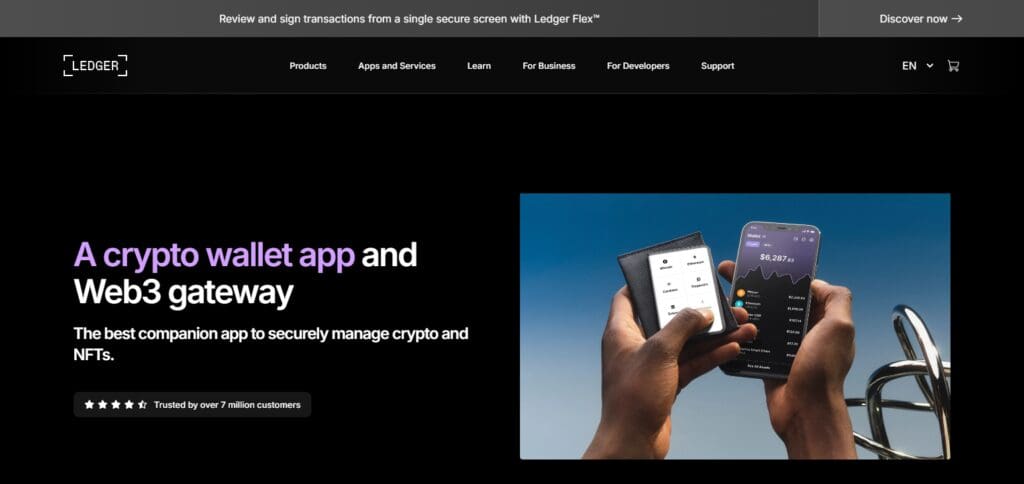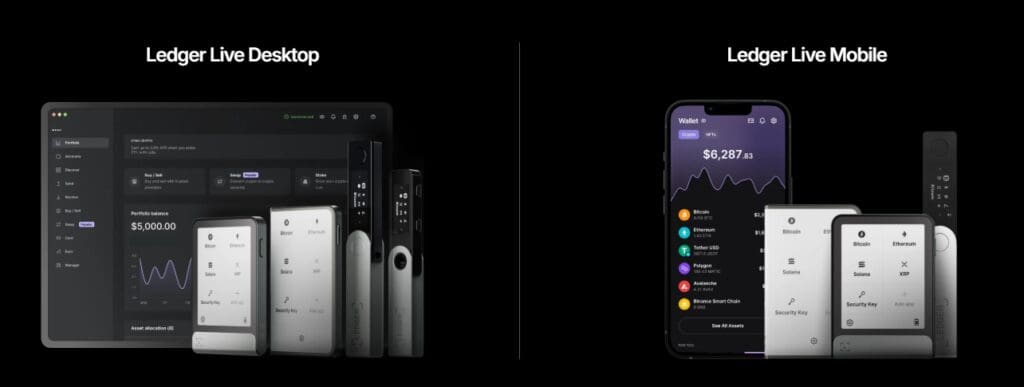In this article, I will discuss the How to Manage Private Keys Securely. They are vital for protecting your digital assets and data; however, poorly treatment of them may lead to theft or loss.
You can make sure that your keys are not misused by following best practices in storage, backup, and security guidelines.
What Are Private Keys?
Private keys serve as cryptographic keys used to authenticate one’s ownership and access to digital assets, whether they be cryptocurrencies or encrypted data.

They are equally vital for asymmetric encryption, where the private key is kept in tandem with a public key. Unlike public keys, which may be shared for the receipt of data or assets, the private key must remain confidential and secured as it has full power to the assets or encrypted data.
With access to your private key, someone is opportunistic enough to steal or manipulate your assets. As a result, assuring that private keys are safeguarded is necessary to shield the digital transactions and data from unauthorized access.
How to Manage Private Keys Securely Step-by-Step

Let’s look at how to manage private keys securely with a hardware wallet such as Ledger Nano X. The process can be broken down into the following steps:
Obtain a Ledger Nano X
Acquire a Ledger Nano X from an authorized reseller or directly from the official Ledger page to guarantee genuineness.
Set Up the Device
Use the guide that came with your device to fully set it up. You will need to make a PIN code and also write down the 24-word recovery phrase.

Store the Recovery Phrase Securely
Write the entire 24-word recovery phrase on the recovery sheet provided. This sheet will have to be stored in a safe place like a safe or safety deposit box. Avoid storing the sheet digitally such as taking photographs or saving it to your personal computer.
Install Ledger Live
Install the Ledger Live app on your mobile phone or computer, so you can manage and track your crypto assets and complete transactions.

Connect the Ledger Nano X
Using the provided USB cable or Bluetooth, plug the Ledger Nano X into your mobile device or computer.

Crypto Account Addition
On Ledger Live, create accounts on Ledger Live for every cryptocurrency you wish to manage. Use the instructions to install the apps on the Ledger Nano X.
Funds Transfer
Send your cryptocurrency holdings to the addresses created on your Ledger Nano X. Note that this is necessary so your private keys are kept securely on the hardware wallet.
Firmware Regular Update
As a routine practice, keep your Ledger Nano X firmware updated for better security improvements.
Best Practices for Managing Private Keys Securely
Use Complex Passwords
By using private keys, accounts can be protected by strong and unique passwords. Such account specific passwords must not be easily guessable.
Use a Hardware Wallet
Use a Hardware wallet to prevent online threats such as hacking or malware. By means of enhanced security, the keys are kept offline when the wallets are not in use.
Cold vs. Hot storage
- Cold storage: Is an term used to describe keeping the keys offline. In today’s world these could be in hardware wallets or even paper wallets.
- Hot storage: Provides ease of access as these could be kept on your phone or computer, but with ease comes with more cyber attack threats.
Private Key Backup
In order to prevent loss due to damage, make sure there are multiple backups scattered separately trusted locations, such as safe paper backups or encrypted USB drives.
Implement Multi-Signature Wallets
Multi-signature wallets add additional security by requiring multiple signatures to validate a transaction. Since several individuals must approve the transaction, there is less likelihood of intrusion.
Avoid Storing Keys on Devices That Are Online
Never, ever save private keys on any online device, like smartphones, tablets, or computers. These devices are highly vulnerable to hacking and the use of malware.
Private Keys Should Be Encrypted
If, for any reason, you need to save the private keys on a device, make sure that they are protected by a strong algorithm. This type of encryption can maintain the integrity of the private keys even while the hacker gains access to the device.
Security Monitoring and Updating Checks
It is a matter of routine to check on all your private keys and storage methods. Check those periodically to see that no threats have entered, and have all your hardware and software up to date.
Avoid Common Mistakes

Keeping Private Keys in Net-Connected Devices
Keeping private keys on internet-connected devices such as laptops, smartphones, or any cloud service is imprudent. These devices are the prime target for hackers, malware, and phishing schemes. As a best practice, always keep private keys stored offline if at all possible.
Sharing Private Keys with Others
You should refrain from sharing your private keys with others. Sharing puts your assets at risk. Control over funds or associated data is possible for anyone with access to the shared key. Always filter out malicious attempts to send phishing links in place of the key.
Keeping Private Keys in Non-Secure Places
Make it a rule to not store private keys on paper as a wallet or a normal text file on a laptop or desktop that hasn’t been encrypted. Such methods can be taken advantage of and your information can be misplaced in an accessible or unsecured place.
Overreliance on One Backup
Keeping only one copy of the private key or recovery phrase can pose a risk to your assets. Should that backup be misplaced, broken, or taken away, access to your valuables would be impossible. Different copies within secure spaces will ensure you will not lose access to your assets.
Predictable Passwords
Weak passwords and guessable phrases can easily unlock various private keys, leaving them susceptible to unwanted risks. All encrypted backup files and wallets should be secured using complex yet memorable passwords.
Not Changing Security Protocols When Required
People often forget that neglecting the practice of changing security protocols can lead them to be open to new threats. New methods of hacks are constantly invented, and without keeping safety levels on devices, wallets, and other things updated, one will always be at risk.
Believing One Key Is More Than Enough
Not assigned split private keys for data and assets can equal to putting them all together in one location. One key can unlock everything associated to it, which makes it easy for unwanted access. To avoid this situation, there are multi-signature wallets and distinct purposes for differing security levels.
Risks of Poor Private Key Management
Destruction of Associated Assets
Misplacement or forgeting private key entails loss of associated assets or data permanently. Moreover, a private key cannot be reset or recovered. Therefore, measures have to be made for a a secure backup system.
Data Breaches
Laundry listing attacks against individuals or organizations with the aim of compromising sensitive data by hacking into internet controlled machines such as cloud storage or online wallets is possible due to lack of strong security systems such as two factor authentication.
Financial Loss
Due to the careless handling of private keys by either restricting access to a single entity or not putting in password protection, loss of assets is considerable. For example, if an attacker possesses a private key, they can manipulate the assets directly via the cloud, and therby with loss of funds without the user ever knowing.
Deceptive Marketing Campaigns
The unencrypted storage of private key passwords, as well as poor password etiquette, has greatly boosted the chances of falling victim to scams. Cybercriminals are able to coerce users into exposing crucial private keys through phishing attempts by masquereding as legitimate websites.
Loss of Trust
Organizations that fail to exceptionally manage their private keys lose credibility with their clients, consumers, and important stakeholders. Unmanaged breaches due to mishandling of security practices causes a company’s reputation to suffer greatly, thus diminishing their overall credence.
Legal and Regulatory Consequences
Not protecting private keys invites violation cases involving protected data concerning different laws in business. Such negligence leads to being held legally responsible which would result in heavy fines and strict penalties.
Irreversible Financial Loss
All these points highlight why an asset with a single private key, especially a valuable one, demands utmost care. Losing or compromising a digital asset’s key can render it useless permanently due to its unprotected nature without any chance of compensation.
Pros & Cons
| Pros | Cons |
|---|---|
| Enhanced Security: Protects digital assets and sensitive information from theft or unauthorized access. | Complexity: Managing private keys securely can be complex and may require technical knowledge. |
| Peace of Mind: Reduces the risk of losing access to valuable assets or data. | Backup Management: Requires careful and secure management of backup copies, which can be cumbersome. |
| Protection from Cyberattacks: Secure storage methods (e.g., hardware wallets) reduce vulnerability to hacking or phishing attacks. | Costs: Secure storage solutions like hardware wallets may come with upfront costs. |
| Control: You retain complete control over your private keys, reducing reliance on third parties. | Recovery Challenges: If keys are lost or forgotten without a proper backup, recovery can be impossible. |
| Compliance: Following best practices can help businesses stay compliant with legal and regulatory requirements regarding data protection. | Inconvenience: Some security measures (like multi-signature wallets or cold storage) can be less convenient for frequent access. |
| Long-Term Asset Protection: Proper management safeguards assets against future technological threats or vulnerabilities. | Time-Consuming: Ongoing security audits, updates, and backups require time and attention. |
Conclusion
In conclusion, correctly securing private keys is critical to the safekeeping of your assets, sensitive information, and holistic online safety. Employing best practices like strong passwords, hardware wallets, breathing keys in multiple secure sites, and refraining from storing keys online, can substantially mitigate the risk of theft, loss, and impersonation.
Equally observant is the fact that pointers such as issuing private keys, poor password selection and weak security protocols put you at risk of being hacked.
Regular audits and updates will assure you and reset your guard against the changing technologies and threats. Finally, keeping your private keys secure will improve the safety of your digital assets and safe you from losing money or sensitive information.










